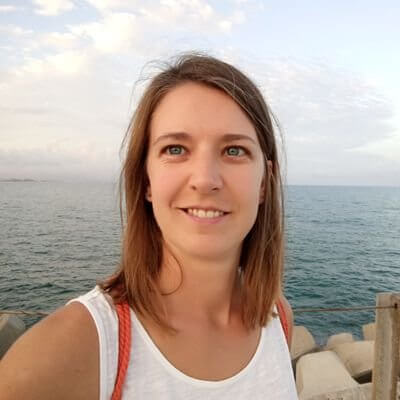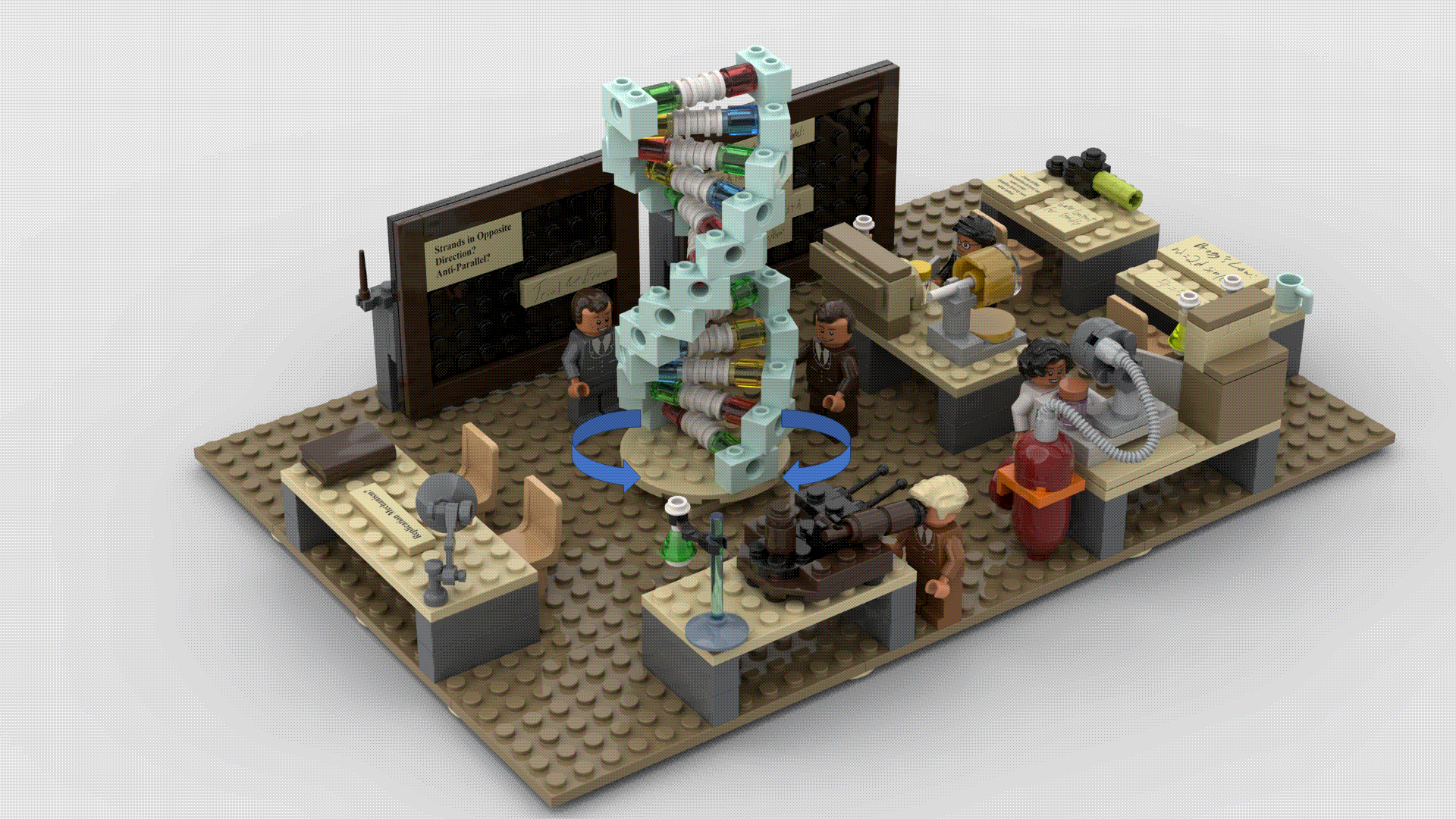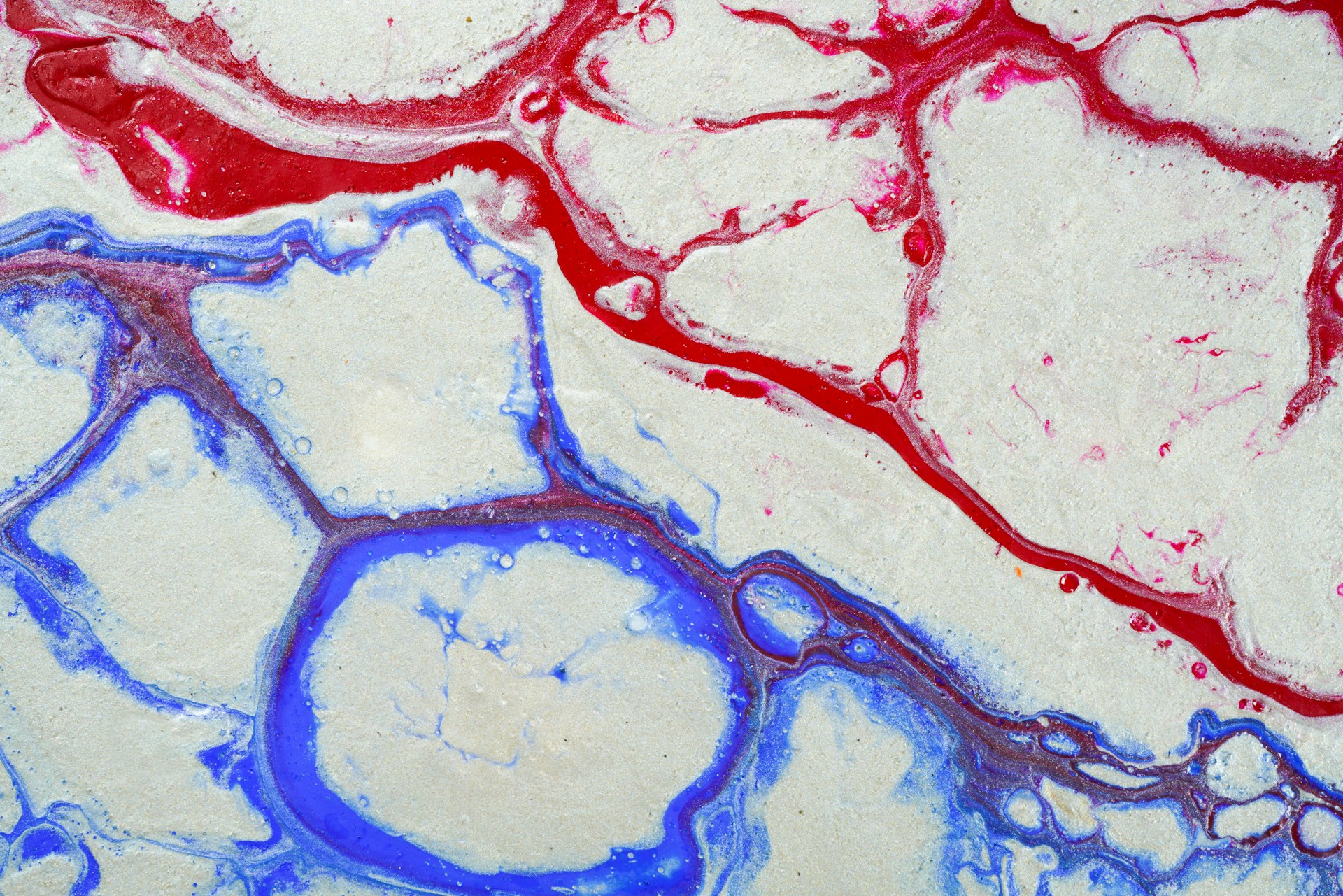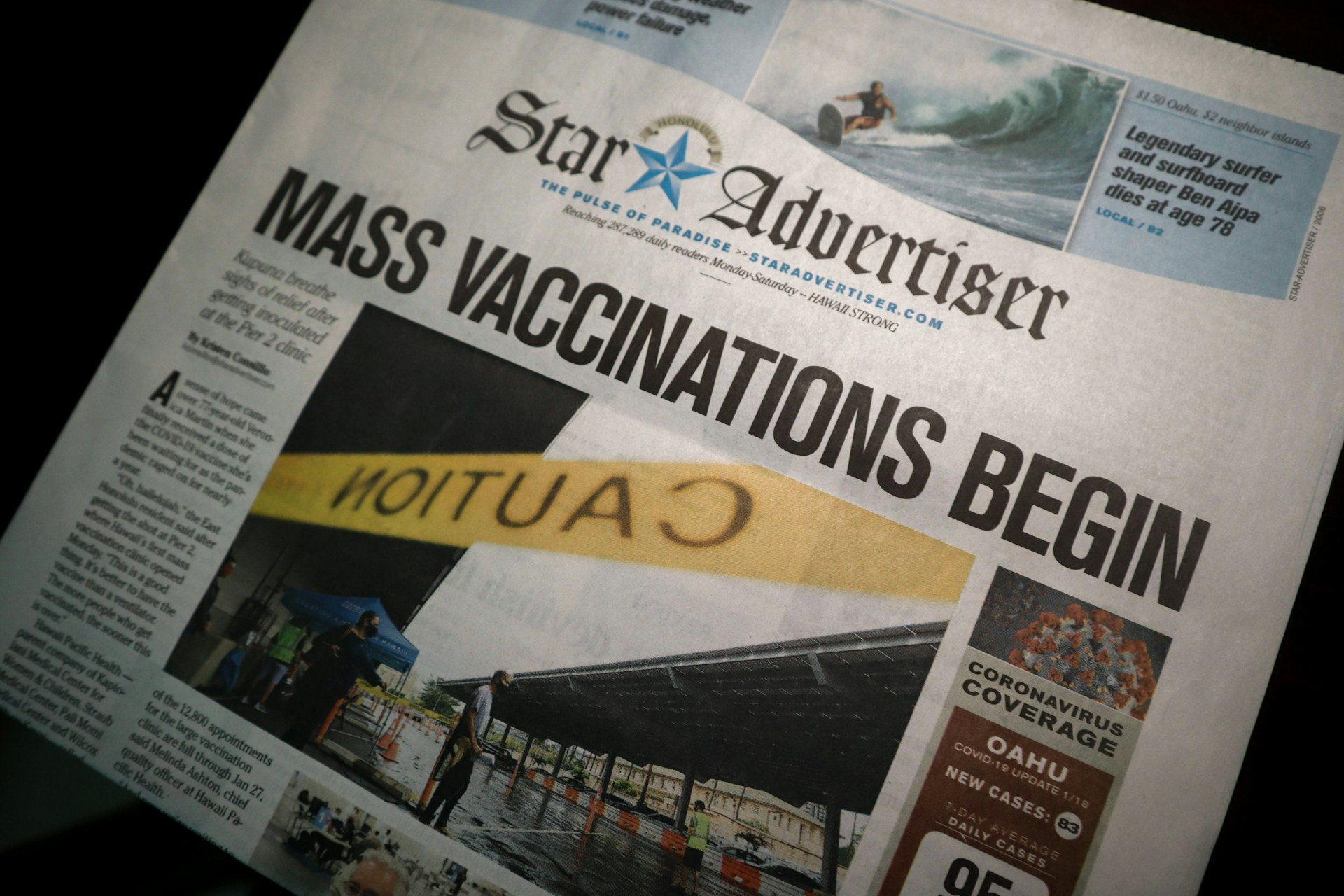What is BioGraphers?
If you’ve been surfing around the site, you may have noticed the page for the BioGraphers series. A good friend of mine, who is quite the master with puns, came up with the name while trying to come up with my company’s name. While I wasn’t drawn to it as a company name, I loved it as a blog name.
The name should explain itself. It’s a play on biographers, people who chronicle the lives of others. I created BioGraphers as a way to hear and learn from leaders in the life sciences and biotech spheres.
Sarah Wettstadt: Our first guest
As I was deciding what to do at the latter stages of my PhD, I found myself unsure of where to go. I knew I loved communicating science, but I wasn’t sure how to get started. I had heard of freelance writing as a career, but didn’t know anyone who could introduce me to such an opportunity.
Enter Sarah Wettstadt.
I first connected with her on LinkedIn a few years ago. I initially wanted to hear about her expertise in P. aeruginosa, the pathogen I had studied for my PhD. Then, she introduced me to her passion for communications and got me in touch with a group of microbial consultants and writers. That led me down the rabbit hole of becoming a freelance writer.

I am delighted to have Sarah come on to talk more about being a science communications specialist. She took her passion for helping graduate researchers like me transition into industry-related work. She helped me see that I had value outside academia and that is something I want to highlight in this interview. Go check her out at the SciComm Society and see how she can help you transition into a successful freelancing career.
With all that said, let’s jump into the interview!
The interview
PN: So Sarah, let’s start with how you began as a science communications specialist. How did you take your first steps, and how did that help you get to where you are today?
SW: I believed in scientific research as I was always curious about how life works and how different players interact to make our planet function. I knew that only by completely understanding the details of biology, we would be able to apply our knowledge and create technologies to improve people’s lives. But instead of being the one in the lab, I wanted to empower people by bringing that knowledge out into the world.
But I didn’t know what that dream job could look like, what exactly I could do and how to live of it. So, I decided to do a postdoc for two years and use that time to figure all of that out. That’s when I started to look into science communication options:
- I started to write and publish my blog BacterialWorld to explain the beauty of bacteria. With this scicomm endeavour, I improved my writing, learned about building websites, managed my own project and tried to build an audience meaning learning marketing tools. And needless to say, I loved it all!
- I started volunteering as a social media editor for FEMS and published posts on recent research paper from their journals. I learned writing for social media and summarising papers into short tweets and loved seeing the reach of my posts.
- I wrote a few magazine and journal articles for the Society for Applied Microbiology and their journal Environmental Microbiology about recent research papers. I absolutely enjoyed translating research papers into articles for different audiences.
All of these experiences got me realising that science writing is definitely my passion. Thanks to the pandemic, in 2020, I took the empowering step to leave academia and create my own scientific career. I decided to become a science writer and communicator, founded my business MicroComms with the aim to write about and share scientific knowledge with other scientists and non-scientists.
PN: You started out with a doctorate before transitioning to a writing career. How did your PhD help you become a successful writer?
SW: My research experience definitely helped me understand research papers, the scientific method and a researcher’s mentality. As a researcher, you learn to write papers, your thesis and to explain your science, which generally helped me when structuring my articles. As for the writing itself, I had to learn by trying, practicing and asking people for feedback.
PN: Practice definitely seems like the best route to improve one’s writing, and I can attest to that too.
SW: Absolutely. A successful writer has to write, write, and write more. After writing, a writer should ask someone who they trust to give them their honest opinion for good feedback. Such tips and suggestions should include whether they understood the written text or not. Within that strand, a good evaluator should explain to them what worked and what didn’t.
I have to add, that critical feedback should not put a writer down. Nor is it meant to. The best writers learn from the feedback, think about it, and improve their writing based on it.
The best writers also find ways to settle into a niche. It’s a common term for anyone eager to start out as a freelance. In fact, Justine and I just published a webinar on starting a career in science writing, where we discuss this topic at length. We define a niche as the kind of expert that you want to be known for. For example, I am a microbiologist-turned science writer with expertise in website building and marketing.
This line brings me gigs that use my content marketing skills for microbiology-related topics but also my science communications skills for clients who want to have websites built for them. And I really enjoy both kinds of projects.
We also suggest starting to carve out a niche by relying on what you know most about, usually the research field that you’re working in. From there, look into different directions, see what you like, what you don’t like, what you find interesting and easy to explain, and which activities bring you into flow.
PN: That’s some very good advice! In fact, you have a great site designed to help writers improve their craft and get started. Tell me more about SciComm Society.
SW: Well, since my dive into science communication, I had been in contact with Justine Dees, a fellow science writer who had a microbiology research career. We had become accountability partners, sharing our experiences, asking each other for advice, and starting smaller collaborations on our blogs.
At the beginning of 2022, at one of our chats, we both shared our ideas of how we were thinking of helping scientists become better at science communication. We knew that science needed to be shared with the world. We also knew that scientists often lacked the tools to do so. We agreed on so many of our ideas, dreams and values that we decided to dive into that project together.
PN: Wow that sounds like an amazing initiative, congratulations! Why should scientists and researchers communicate their research though, and especially to diverse audiences?
SW: The scope of every scientist and researcher should be to improve people’s lives. Since they might be the only one working on such a problem, no one will know of the new discovery until they shared it.
So, if they found a new solution to a problem that might improve a person’s life, it needs to be shared with those people that are affected by the discovery. Otherwise, what good is the discovery?
On the other hand, by sharing your scientific discovery with the scientific community, other scientists can learn from your results and use it for their own research. They might get inspired by your concept and might adapt it to their own research question.
PN: Given all the ways it’s so important, there are probably a series of traits that make a successful scientific writer, then.
SW: Yes, there are. One of the most important abilities of a science writer is to know and relate to their audience. A writer needs to always have their audience in mind trying to understand how big the knowledge gap is to their reader.
Depending on the size of that gap, the writer needs to explain more or less background knowledge to close that gap. I usually try to visualise it as a “pyramid of knowledge”, in which my level of knowledge is at the top of that pyramid and the one of my audience is somewhere below. Despite the difference in knowledge level, it is my job as a writer to figure out how far below their knowledge is and how far I can lift their knowledge up toward the top of my pyramid. We also explain this concept better in our handbook “The guide to engaging different audiences with your research”.
PN: Your handbook is a fantastic resource for engaging diverse audiences. It goes into avoiding jargon and better knowing what other audiences understand. Which makes me wonder how you address the issue of jargon in scientific writing.
SW: If I’m convinced that they won’t understand a given term, I will either avoid it and use a different – better known term – or I’ll explain the term so I can use it throughout my text. However, even if I decide to use the term every once in a while, I’ll make sure to sprinkle in short repetitions of the explanation to help the reader follow.
PN: Thanks for bringing all your cool insights here today. Let’s end this interview with a fun question: of the books you recommend on SciComm Society, which is your favourite, and why?
SW:I really liked the more general books on communications and science communication, like those written by Alan Alda, Craig Cormick and Geoffrey Beattie and Andrew Ellis. I was always fascinated by the general aspect of communication, the how and why we communicate, along with how to do it once we decide what to communicate. Reading those books gave me a great overview of all my questions and got me really hooked into science communications.
Create content that resonates with your audience.
Work with a writer who has a passion for science writing from day one.
Author
-

Paul Naphtali is a seasoned online marketing consultant. He brings to the table three years of online marketing and copywriting experience within the life sciences industry. His MSc and PhD experience also provides him with the acumen to understand complex literature and translate it to any audience. This way, he can fulfill his passion for sharing the beauty of biomedical research and inspiring action from his readers.
View all posts



